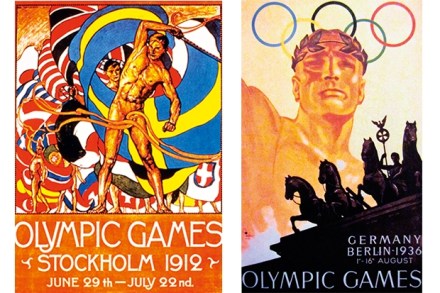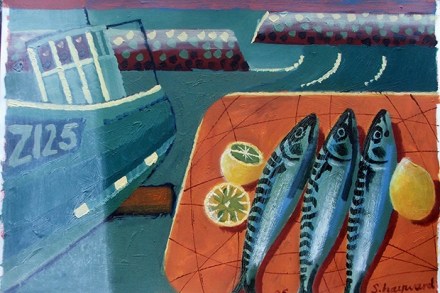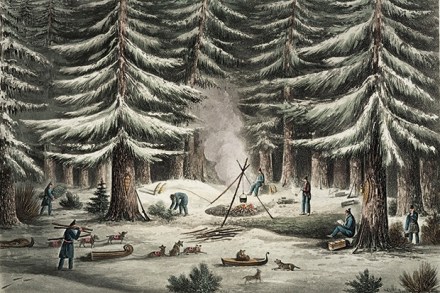The key to a hidden kingdom
It’s a modern pastime to hypothesise about what makes a good relationship. One evening not long ago in a Berlin bar, I listened to a friend diagnose how things were going with his partner: ‘We might have become a bit too symbiotic.’ Surprisingly earnest perhaps, but that’s what you get when a sociologist dates a




















